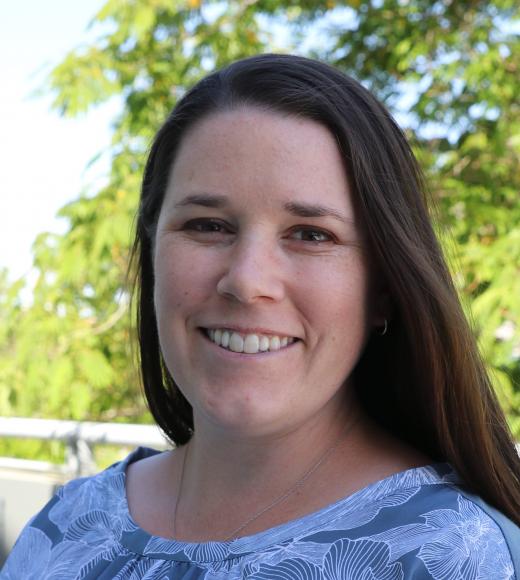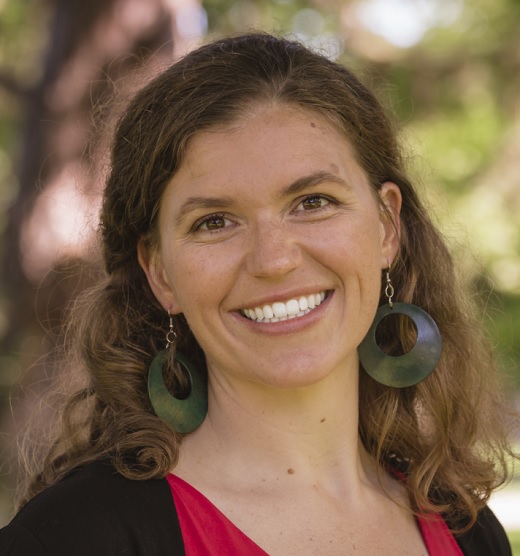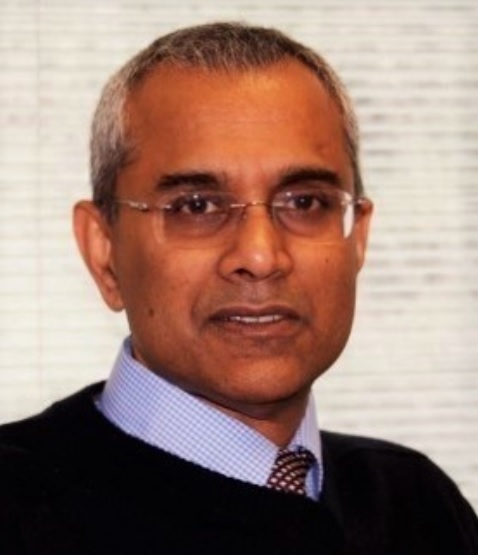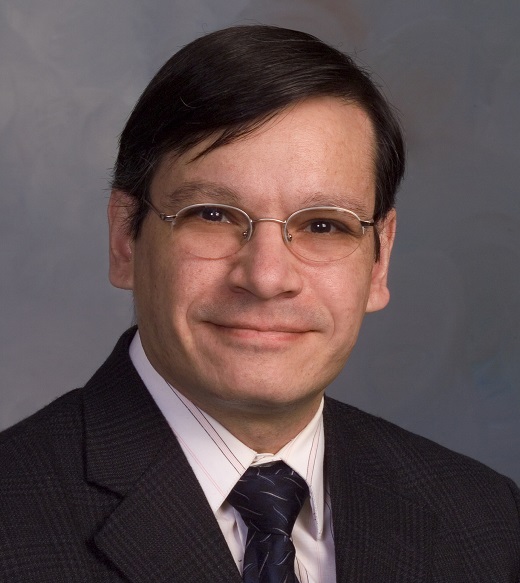Key Information for Current Graduate Students
- Graduate Advisor
- The Graduate Adviser serves as the department’s representative to the Office of Graduate Studies and the College of Engineering. The Graduate Adviser is a resource for who provides advising on academic requirements, policies and procedures. The Graduate Adviser’s signature is required on most forms related to graduate affairs such as petitions for exception, change of major requests, PELP requests, Programs of Study and Advancement to Candidacies. The Graduate Adviser also chairs the Departmental Graduate Program Committee (GPC), and reports on graduate matters to the faculty.
- Graduate Program Coordinator
- The Graduate Coordinator is the first point of contact in the CEE department for all administrative issues pertaining to the graduate program. They handle the administration of all required forms and petitions, graduate student questions and referrals, and supports student progress through the program. All forms and petitions that require a signature from the Graduate Adviser must first be submitted to the Graduate Coordinator (or submitted in GradSphere, depending on the form), who will obtain the signature and submit the forms to the appropriate office(s).
- Major Professor (Faculty Advisor/Principle Investigator)
- All students must have a Major Professor. The terms "Major Professor", "Faculty Advisor" and "Principle Investigator" (or "PI") are sometimes used interchangeably, but generally refer to the main faculty member advising you and (if applicable) the Chair of your Thesis or Dissertation committee. The term PI is used more in reference to faculty funding and grants, and students could potentially be hired by a PI who is not their Major Professor.
New students should establish who will serve as their Major Professor (Faculty Advisor) before completing their first quarter, or in the second quarter at latest. Until a Major Professor is identified, students will use the GPC Representative for their intended research area as their initial advisor. The GPC Representative often serves as the Major Professor for MS plan II students.
Students should discuss with a potential major faculty member their willingness to serve as the Major Professor for the indicated degree objective and must obtain the faculty members consent to serve as their Major Professor. The Major Professor relationship is established by mutual agreement.
While students should feel free to discuss academic matters with any faculty member, typically the Major Professor will oversee most of the student's research and progress during their degree program. Students may change Major Professors at any time as their research and educational interests change and develop. Students working on research jointly with more than one professor also may have two co-advisors. The Major Professor oversees the annual “Student Progress Assessment”, or SPA, via the online SPA system, which is submitted to Graduate Studies. - Graduate Program Committee (GPC)
- This committee is composed of the Graduate Advisor, who is the Chairperson of the GPC, the CEE Department Chair, a member from each of the five research groups within CEE: Environmental, Water Resources, Geotechnical, Structural, and Transportation Engineering; and an ex officio student member.
The committee’s responsibilities are outlined in detail in the bylaws of the CEE Graduate Program (Appendix A) and summarized here. The GPC administers the Graduate Program, acts on issues regarding graduate admissions and degree requirements, advises on fellowship support for graduate students, and reviews and approves Programs of Study for doctoral students.
Additionally, the five members of GPC from each of the research groups within CEE serve as initial Area Advisers to new graduate students until the selection of a Major Professor. Current membership for the GPC can be found below. - Area Advisor (GPC Representatives)
- Each research area is overseen by a faculty representative. The GPC Rep/Area Advisor is the primary point of contact for graduate students in each research area. If you have any questions about who your faculty advisor is, please contact the Graduate Program Coordinator. The Area Advisor will serve as the initial faculty advisor until students find their major professor (permanent faculty advisor) – students should establish a major professor is by their second quarter.
- COE Graduate Study Committee (GSC)
- The Graduate Study Committee is composed of the individual Graduate Advisers or their designees from each Graduate Program in the College of Engineering. The function of this Committee is to coordinate and communicate matters of common interest to all graduate programs in the College of Engineering. Within the policies and procedures of Graduate Council, the GSC committee reviews cross-department graduate curricula issues, awards graduate fellowships and scholarships administered by the College, disseminates information pertaining to engineering graduate studies, and addresses issues related to graduate student welfare in the College.
- Graduate Studies
Our Graduate Program adheres to all policies and regulations outlined by Graduate Council and Graduate Studies. Students are encouraged to review relevant policies and guidelines on the Graduate Studies website.
Find additional forms, handbooks, and policies including advance to candidacy forms, QE information and application, steps to file to graduate, information on academic standing and progress, and other information for continuing students.
Graduate Studies Form Information
Graduate Studies has resource guides and numerous resources to support graduate students through their education experience. Our program highly recommends all students take advantage of the resources and programming supported by our partners in Graduate Studies
Area Advisors (GPC Representatives)








